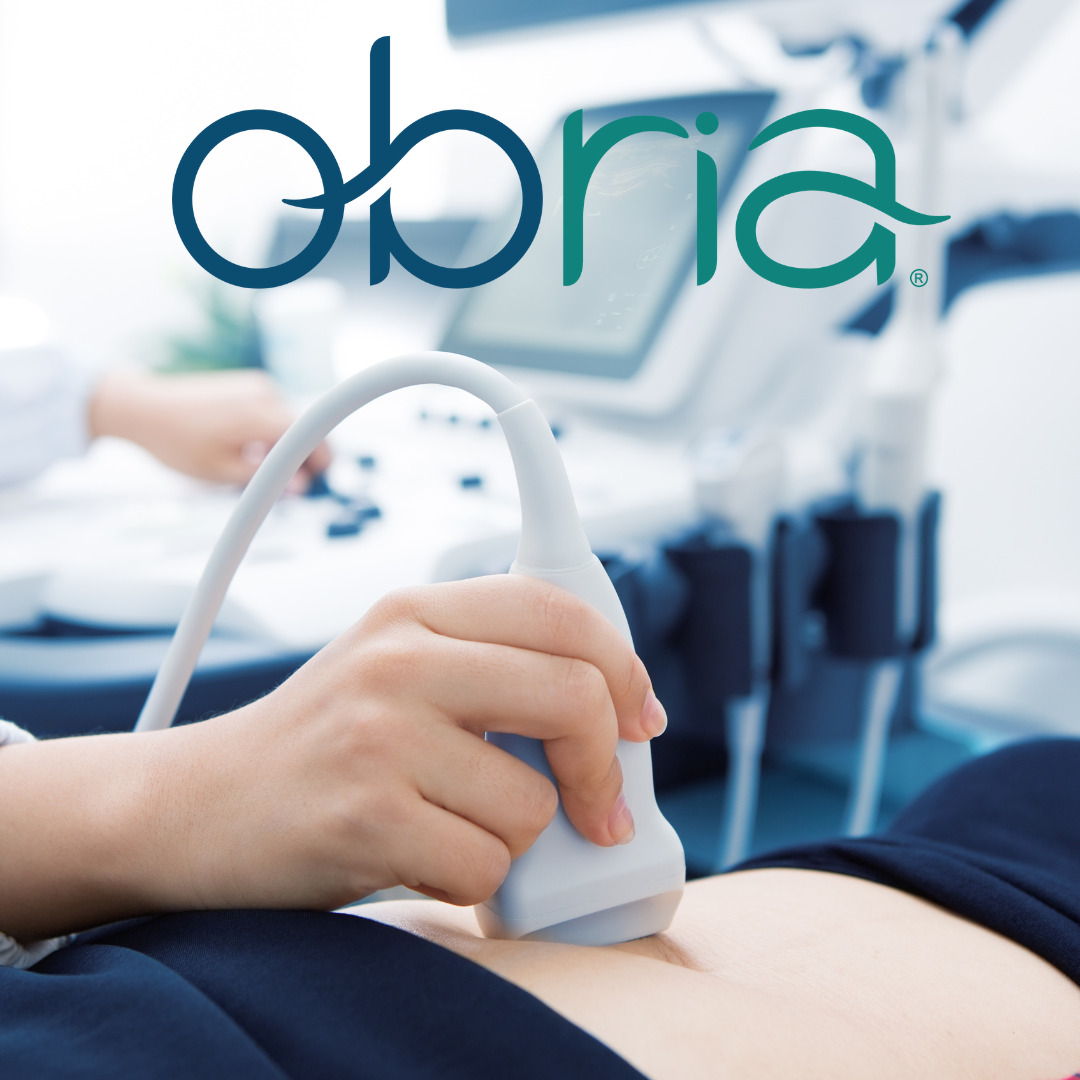Ultrasound Imaging
Think you may be pregnant? Book an ultrasound today.
Booking an ultrasound appointment is a smart move if you suspect you’re pregnant. It helps confirm the pregnancy, check on the baby’s health, and provide a due date estimate. Plus, it’s an excellent way to catch any potential issues early, ensuring a smooth pregnancy journey. So, whether you’re excited, curious, or just need to resolve any health concerns, scheduling that ultrasound can be a reassuring and informative step. Book your ultrasound today!
What is an Ultrasound?
Ultrasounds are an imaging technique that uses a device to bounce sound waves off the developing fetus and create an image on a monitor. While often used for pregnancy purposes, ultrasounds can produce images of many organs and soft tissues.
While there are multiple types of ultrasounds, Obstetric Ultrasound is the ultrasound type performed during pregnancy which produces an image of the fetus, uterus, and ovaries.
What information can an ultrasound tell you?
At Obria Medical Clinics, limited obstetrical ultrasounds are performed to:
- To confirm a pregnancy
- Detect fetal heartbeat
- Determine fetal age
- Determine due date
- Determine location of the pregnancy (intrauterine/ectopic)
The ultrasound examination will not diagnose gender, abnormalities, and/or problems.
Are Ultrasounds safe?
Ultrasounds performed by your healthcare provider are completely safe. Ultrasounds are non-invasive and use soundwaves in comparison to other imaging procedures like x-rays which use radiation. They have been used medically for over 30 years with no associated health risks or repercussions. 1
What happens during and Ultrasound exam?
Your provider (usually a trained nurse or Sonographer) will have you lie face–up on a table.
They will then apply a gel across your stomach or area of your body to eliminate air pockets between you and the handheld device (called a transducer) and produce the clearest image possible. Your provider will then move the transducer over the appropriate areas to create a detailed image. While doing so, you may be asked to hold your breath or keep still.
After the desired image is produced, the gel will then be removed from your belly and results shared.2
This process should only take 30 minutes to an hour maximum.


What is a Transvaginal Ultrasound?
Depending on the specifics of your pregnancy journey, your provider may order you to undergo a transvaginal ultrasound. This process will feel like a pelvic exam, in which you will be asked to lie face up and place your feet into the stirrups. Your provider will insert the lubricated tip of the transducer 2-3 inches within your vagina (typically smaller than the speculum used during a pap smear), allowing your doctor to produce an image of your uterus and ovaries.2
When can I know the results?
In a typical prenatal ultrasound, your provider will analyze and discuss the results with you in real time during your exam.
With other types of ultrasounds, a radiologist will analyze and interpret resulting images, and send a signed report of the findings back to your provider with your results. Your doctor or practitioner will then share these results with you.
Are Ultrasounds painful?
Ultrasounds are painless. It may be possible to experience some mild discomfort if your provider needs to press more firmly on the belly to increase image detail, but ultrasounds are generally a safe and painless process.
Book an ultrasound at an Obria clinic today.
An ultrasound can confirm if you’re expecting, give you a glimpse of your baby’s development, and help estimate due dates, which is handy for planning prenatal care. It’s also an excellent tool to check for any potential complications, like multiple pregnancies or early signs of issues, offering peace of mind and fostering a connection with your little one.
Book your ultrasound with us today.
References:
1. Unknown. (2019, October). Ultrasound during pregnancy. March of Dimes. https://www.marchofdimes.org/find-support/topics/pregnancy/ultrasound-during- pregnancy#:~:text=Because%20ultrasound%20uses%20sound%20waves,may%20miss%20some%20birth%20defects.
2. Radiological Society of North America (RSNA) and American College of Radiology (ACR), U. (2023, May 1). Obstetric Ultrasound. Radiologyinfo.org. https://www.radiologyinfo.org/en/info/obstetricus
